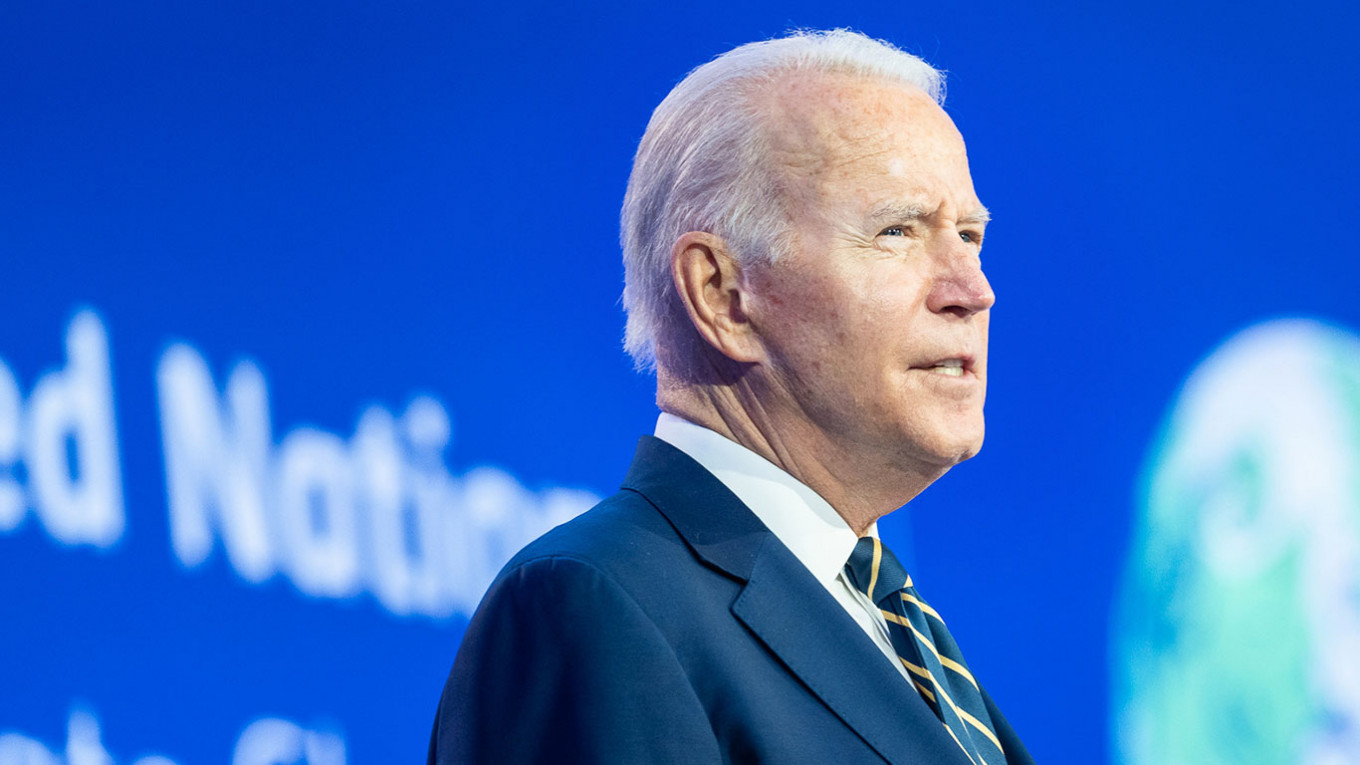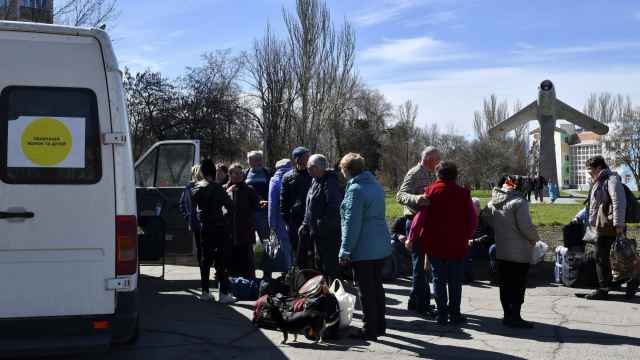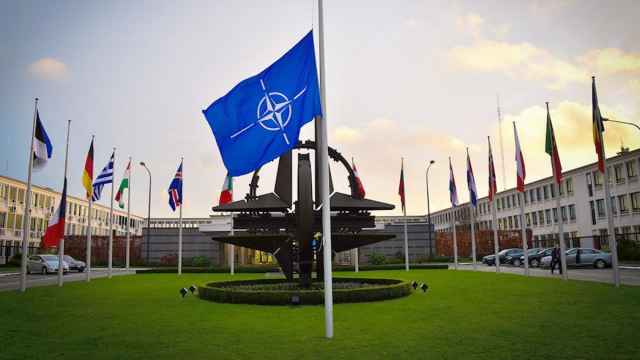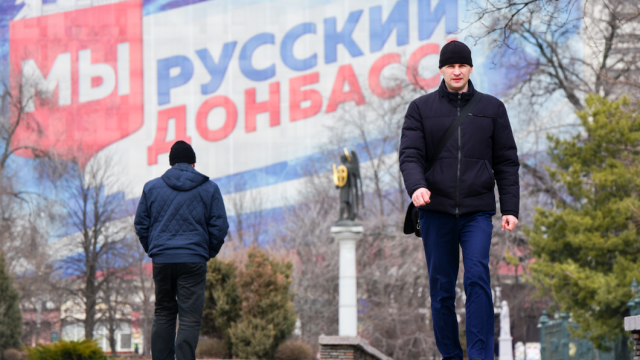The United States on Monday announced financial sanctions against rebel territories freshly recognized by Russia in eastern Ukraine and warned that more were ready if necessary.
President Joe Biden will issue an executive order to "prohibit new investment, trade, and financing by U.S. persons to, from, or in the so-called DNR and LNR regions of Ukraine," White House Press Secretary Jen Psaki said, referring to the breakaway regions of Donetsk and Luhansk.
The order will "provide authority to impose sanctions on any person determined to operate in those areas of Ukraine," Psaki said, adding that the measures are separate to wider Western sanctions ready to go "should Russia further invade Ukraine."
The two self-proclaimed republics already have extremely limited dealings with U.S. citizens.
However, the sanctions herald a new phase in what could soon become the most dangerous East-West confrontation since the collapse of the Soviet Union.
Biden has led a coalition of European and other U.S. allies to craft a package of what they say will be crippling economic sanctions on Russia should troops massing on Ukraine's borders start an attack.
While the Kremlin has for weeks denied invasion plans, it has at the same time built up an enormous force of troops and heavy weaponry on three sides of Ukraine.
Putin's speech Monday, in which he declared recognition for independence of the two rebel areas, appeared to raise the chances of invasion.
He charged Ukraine with being a Western puppet, a threat to Russian security, and claimed that people in the Russian-controlled separatist enclaves needed protection.
Moscow has for years been giving the separatist rebels covert financial, political and military backing.
Key questions now will be whether Russian troops will openly roll across the border to defend the two entities and, if so, whether they will stop at the current frontline in fighting between the separatists and Ukraine's government, or push further into Ukrainian territory.
The extent of a Russian offensive would determine the level of Western sanctions.
On Friday, the deputy U.S. national security advisor for international economics, Daleep Singh, warned that sanctions would turn Russia into an international "pariah."
"It will become isolated from global financial markets and be deprived of the most sophisticated technological inputs."
He predicted "intense capital outflows, mounting pressure on its currency, surging inflation, higher borrowing costs, economic contraction, and the erosion of its productive capacity."
Singh said the Western "financial sanctions and export controls are embedded in a broader strategy that would undercut Putin's aspirations to project power and exert influence on the world stage."
Immediately after Putin's speech, the White House said that Biden talked by phone with Ukrainian President Volodymyr Zelensky for 35 minutes.
He also spoke for half an hour with two key European allies — French President Emmanuel Macron and German Chancellor Olaf Scholz, an official said.
The White House did not respond immediately to questions about whether there was still any consideration being given to a suggested summit between Biden and Putin.
A Message from The Moscow Times:
Dear readers,
We are facing unprecedented challenges. Russia's Prosecutor General's Office has designated The Moscow Times as an "undesirable" organization, criminalizing our work and putting our staff at risk of prosecution. This follows our earlier unjust labeling as a "foreign agent."
These actions are direct attempts to silence independent journalism in Russia. The authorities claim our work "discredits the decisions of the Russian leadership." We see things differently: we strive to provide accurate, unbiased reporting on Russia.
We, the journalists of The Moscow Times, refuse to be silenced. But to continue our work, we need your help.
Your support, no matter how small, makes a world of difference. If you can, please support us monthly starting from just $2. It's quick to set up, and every contribution makes a significant impact.
By supporting The Moscow Times, you're defending open, independent journalism in the face of repression. Thank you for standing with us.
Remind me later.






